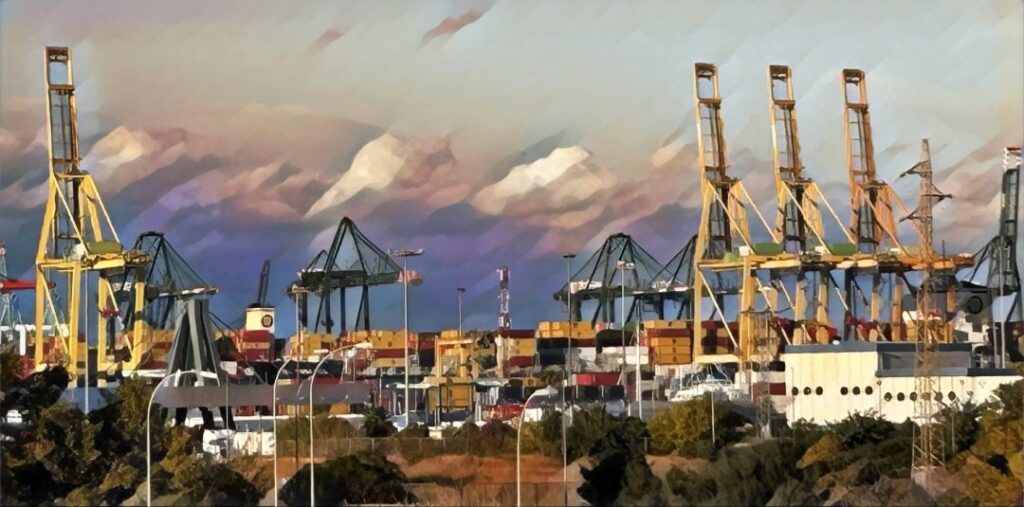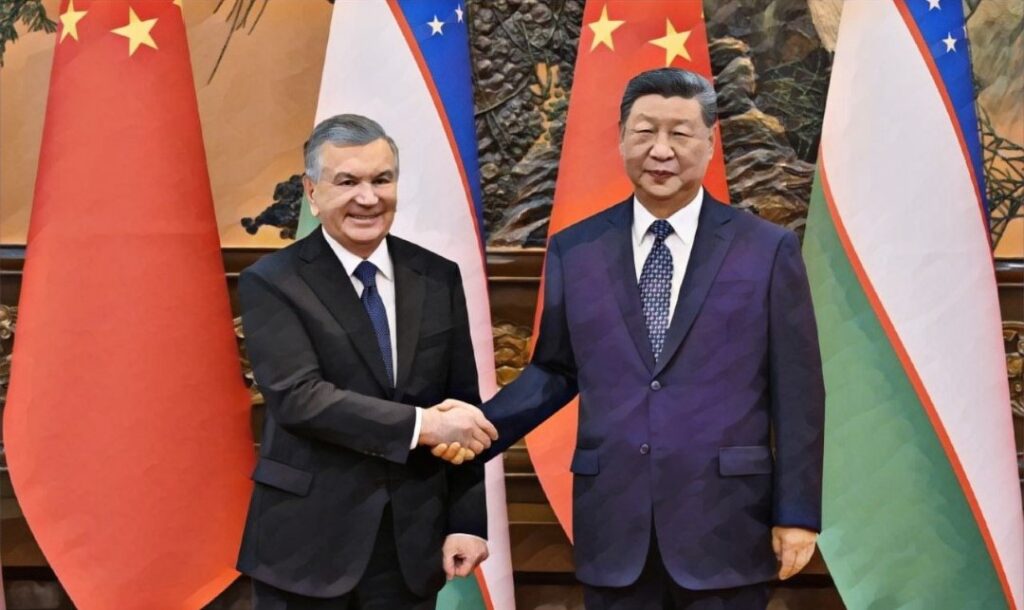China’s Zhongyun to Partner on $300M Seaport Project in Aktau
A new $300 million seaport is set to be built in Aktau, with China’s Zhongyun International confirmed as the strategic partner. The announcement was made by Nurdaulet Kilybay, Akim (Governor) of the Mangistau region, during a government meeting on November 25. Located on the Caspian Sea in western Kazakhstan, the port of Aktau connects to Azerbaijani ports Baku and Alyat to the west, and to the Iranian port of Bandar-e Anzali to the south. The Aktau-Alyat ferry crossing plays a key role in the Trans-Caspian International Transport Route, part of the larger Belt and Road Initiative linking China to Europe via Kazakhstan, Azerbaijan, Georgia, and Turkey. The route significantly shortens delivery times to the European Union. Aktau’s current cargo port has a capacity of 3.2 million tons of dry goods and 12.5 million tons of crude oil annually. In June 2025, the first phase of a $38 million container hub was launched in Aktau, expanding the port’s capacity from 140,000 to 240,000 twenty-foot equivalent units (TEU). Over the summer, Mangistau authorities held talks with several Chinese firms about building a modern seaport and logistics center in Aktau. Zhongyun International has since registered a local subsidiary and is preparing documentation for an investment agreement. “This project will contribute to the formation of a new international transport corridor: China-Kazakhstan-Aktau-Baku-Poti-Europe. Its implementation will cut delivery times by 7-15 days, reduce transport costs by 18-25%, and create new jobs,” Kilybay said. Additional Infrastructure at Kuryk Port At the same meeting, Minister of Trade and Integration Arman Shakkaliev reported on progress at the Sarzha multifunctional marine terminal in the port of Kuryk, located on the eastern Caspian coast near Aktau. The $189 million project is being developed with private investment. “The general cargo terminal and temporary storage facility are now operational, and cargo transshipment has already begun,” Shakkaliev said. Terminals for grain, bulk, chemical, and universal cargo, as well as a transport and logistics center, are currently under construction. The port of Kuryk now handles up to 6 million tons of cargo per year, 4.1 million tons via the railway terminal and 1.9 million tons via the road terminal. In 2024, dredging works in the port’s waters were completed ahead of schedule, enabling deeper drafts and the full loading of vessels.






